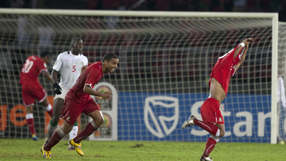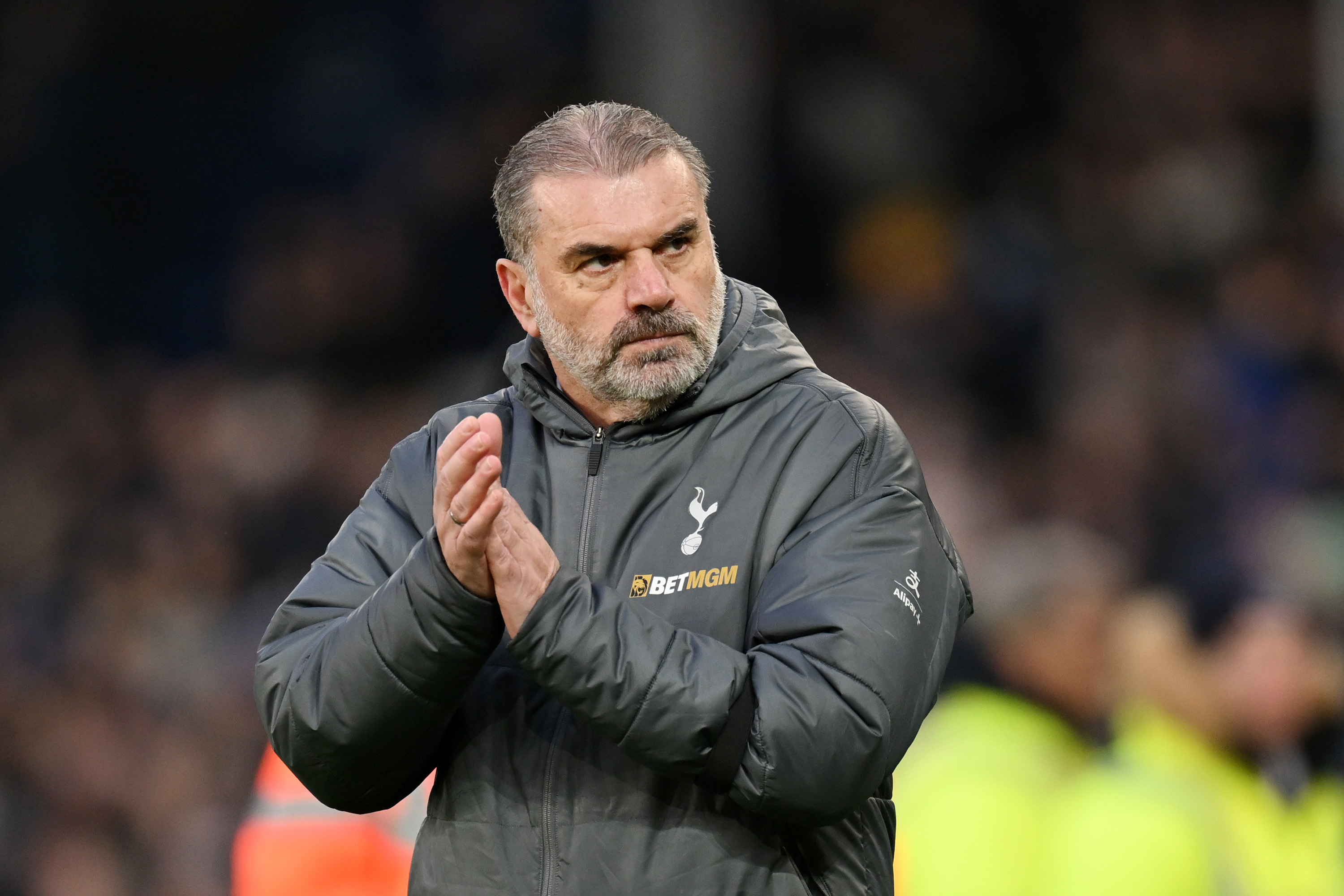Co-hosts revel in unexpected progress
Equatorial Guinea's surprise progress to the Africa Cup of Nations Cup quarter-finals has highlighted an eccentric country, where football is suddenly flush with oil wealth.

The continent's perennial whipping boys inflicted a sensational 2-1 win over Senegal, one of the pre-tournament favourites, in Bata on Wednesday to book their place in the last eight of the tournament they are co-hosting with Gabon.
It sparked wild celebrations in the seaside town on the African mainland, one of two parts of the country's territory. The other is an island in the Gulf of Guinea where the capital Malabo is situated and where equally fervent celebrations greeted victory.
"This is a historic day in the life of this country," captain Juvenal Edjogo told reporters. "I'm very proud to be part of this piece of history."
Equatorial Guinea won with a rocket-like strike from long range by fullback David Alvarez in stoppage-time to add to a similarly dramatic last gasp success on the opening day of the tournament against Libya.
A country with a population of some 700,000 and a team made up of foreign-born players, some of whose qualification to play for Equatorial Guinea is being questioned, suddenly find themselves unexpectedly in the last eight of a major competition.
"Our work is not yet over," said Gilson Paulo, the Brazilian brought in to coach the team at the start of the month. "Our ambition now is to finish top of the group."
Equatorial Guinea had only won six competitive matches before the Nations Cup since their first international in 1986. The Nzalang Nacional took 13 years before their first win and another decade to shake off the tag of minnows.
Get FourFourTwo Newsletter
The best features, fun and footballing quizzes, straight to your inbox every week.
Oil wealth has not changed most of the lives of the people in the former Spanish but it has helped transform their team.
The squad was promised a bounty of $1 million by the country's agriculture minister, Teodoro Nguema, who is son of the president, if they won their opening game against Libya. The BBC said he had paid the players already.
Money has also helped widen the search for players for the team, only recently first among Spanish-born players with blood links to Equatorial Guinea but then later Brazilians, brought in by former coach Antonio Dumas despite having no previous connection with the country.
At the same time, players from countries like Ivory Coast, Cameroon, Liberia and Nigeria, playing for clubs in Equatorial Guinea, were naturalised in order to strengthen the side.
Their leading player over the last decade has been Deportivo la Coruna striker Rodolfo Bodipo but injury means he has played only a bit part at the Nations Cup so far.
Equatorial Guinea's women's team, packed with Nigerians and Brazilians, played at last year's Women's World Cup in Germany but were expelled from the 2012 Olympic qualifiers for using ineligible players.
